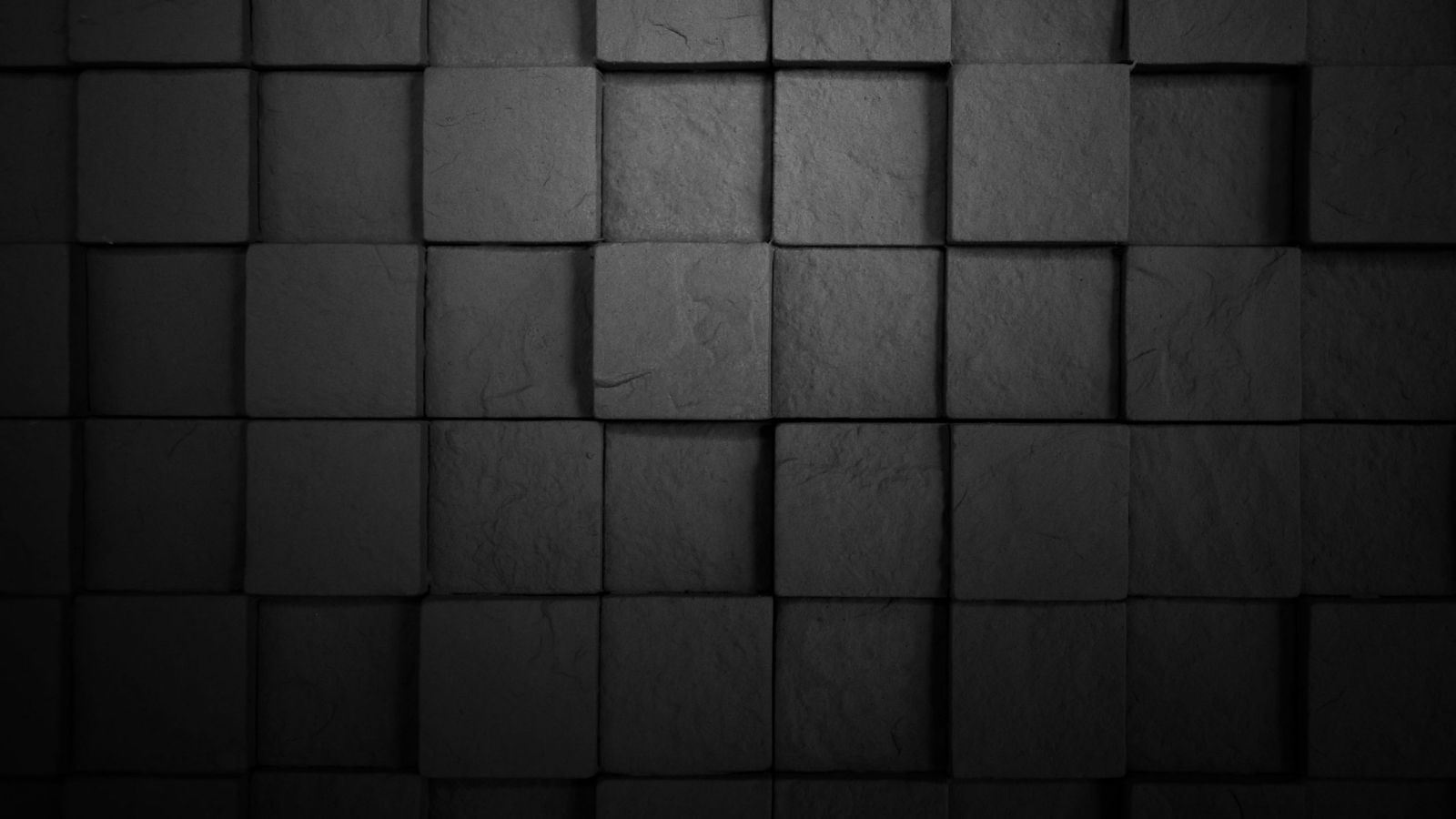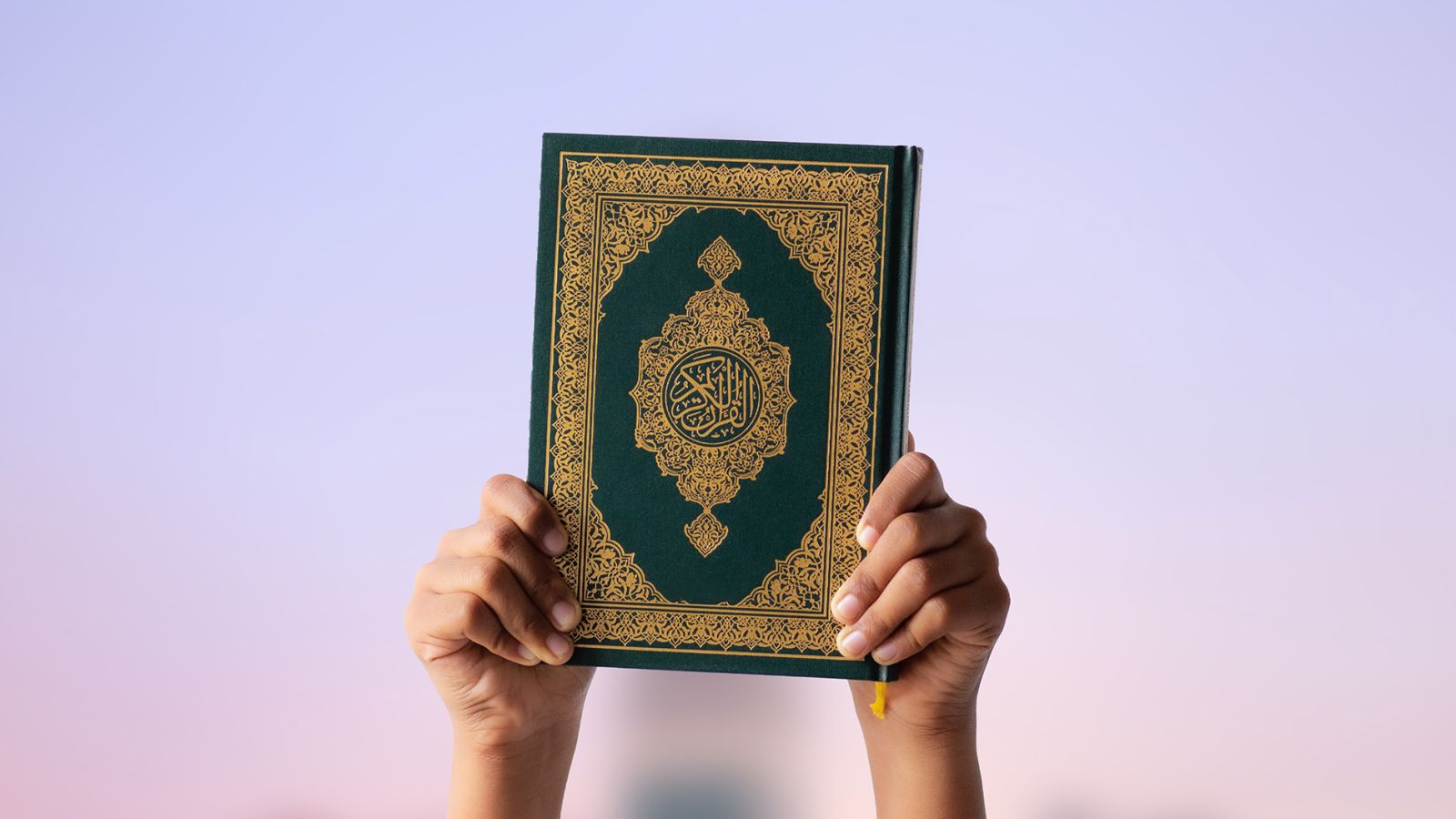An Introduction to the Foundations of Islām
Al-ʿAllāmah Muḥammad ibn Ṣāliḥ al-ʿUthaymīn


Page 2 of 2
The Pillars of Islām
The Pillars of Islām are the foundations upon which it is built, and they are five. It is mentioned in what is related from Ibn ʿUmar (raḍī Allāhu ʿanhu), from the Prophet (ﷺ), that he said: “Islām is built upon five, that you single out Allāh in worship [and in a narration regarding the five:], to testify that there is none worthy of worship except Allāh, and that Muḥammad is His slave and messenger, and to establish prayer, and to give charity (zakāt), and to fast in the month of Ramaḍān, and to perform pilgrimage (Ḥajj).” So a man said: ‘Pilgrimage and fasting in Ramaḍān.’ He said: ‘No. fasting in Ramaḍān and pilgrimage. This is how I heard it from the Messenger of Allāh (ﷺ).’ It is agreed upon, and this wording is from Muslim.5
- As for testifying that there is none worthy of worship except Allāh, and that Muḥammad (ﷺ) is His slave and messenger, then it is the unwavering belief affirmed by this testification, as if its definitiveness comes from this testification. Indeed this testification is only one pillar that contains a number of testifications because of the following reasons: either because the Messenger (ﷺ)conveyed from Allāh the Exalted, so testifying to his slavehood, and messengership is from the testification that none has the right to be worshipped except Allāh. Or it can be because these two testifications form the foundations for the correctness of actions and their acceptance. No action is correct or acceptable except if it is done with sincerity towards Allāh the Exalted, and in conformity to the Messenger (ﷺ). So the testification that none has the right to be worshipped except Allāh is confirmed by sincerity, and the testification that Muḥammad is His slave and His messenger is confirmed by obedience. From the fruits of this great testification is the liberation of the heart and soul from being enslaved by the creation, and from the following of other than the messengers.
- As for establishing the prayer, then it is to worship Allāh by doing it, and to be steadfast and complete in its time and place. From its fruits is the relaxation of the heart, and the coolness of the eye, and the driving away of indecency and evil.
- As for charity (zakāt), then it is to worship Allāh the Exalted by spending what one is capable of to purify one’s wealth. From its fruits is that it purifies the soul from despicability and greed, and it fulfills the need of Islām and the Muslims.
- As for fasting in Ramaḍān, then it is to worship Allāh the Exalted by staying away from eating during the days of Ramaḍān. From its fruits is the taming of the soul by leaving the things it loves for the pleasure of Allāh the Mighty and Majestic.
- As for pilgrimage to the House, then it is to worship Allāh the Exalted by going to the Sacred House to establish the rites of pilgrimage. From its pillars is the taming of the soul related to a struggle in one’s wealth and body in obedience to Allāh the Exalted. Consequently, pilgrimage is a type of jihād in the Path of Allāh the Exalted.
So the fruits we have mentioned for these foundations – and whatever we have not mentioned – make the nation a purified and cleansed Islamic nation, specifying Allāh for worship upon the True Religion, and performing good deeds with justice and truthfulness. So everything else from the laws of Islām is rectified by the establishment of these foundations. A nation is not rectified except by rectifying the matters of its religion, and it fails to rectify its own condition as needed because it neglects the rectification of its religion.
Whoever wishes to see an illustration of this, then let him read the statement of Allāh the Exalted:
وَلَوْ أَنَّ أَهْلَ الْقُرَىٰ آمَنُوا وَاتَّقَوْا لَفَتَحْنَا عَلَيْهِم بَرَكَاتٍ مِّنَ السَّمَاءِ وَالْأَرْضِ وَلَٰكِن كَذَّبُوا فَأَخَذْنَاهُم بِمَا كَانُوا يَكْسِبُونَ ﴿٩٦﴾ أَفَأَمِنَ أَهْلُ الْقُرَىٰ أَن يَأْتِيَهُم بَأْسُنَا بَيَاتًا وَهُمْ نَائِمُونَ ﴿٩٧﴾ أَوَأَمِنَ أَهْلُ الْقُرَىٰ أَن يَأْتِيَهُم بَأْسُنَا ضُحًى وَهُمْ يَلْعَبُونَ ﴿٩٨﴾ أَفَأَمِنُوا مَكْرَ اللَّهِ ۚ فَلَا يَأْمَنُ مَكْرَ اللَّهِ إِلَّا الْقَوْمُ الْخَاسِرُونَ ﴿٩٩﴾
“And if only the people of the cities had believed and feared Allāh, We would have opened upon them blessings from the heavens and the earth; but they refused, so We seized them for what they were earning. Then did not the people of the cities feel secure from Our punishment coming to them at night while they were asleep? Or did the people of the cities feel secure from Our punishment coming to them in the morning while they were at play? Then did they feel secure from the Plan of Allāh? But none feels secure from the Plan of Allāh except the losing people.”
[Sūrah al-Aʿrāf, 7:96-99]
Let him look into the history, for verily in the history is a lesson for those who think, and a vision for those who have a veil in front of them. And Allāh is the Supporter.6
The Foundations of the Islamic Creed
The religion of Islām – as has preceded – is a creed and a law. Indeed, we pointed out some things from its laws, and we mentioned what is established by the pillars of its laws.
As for the Islamic creed, then its foundations are belief in Allāh, and His angels, and His books, and His messengers, and the Last Day, and the pre-decree – the good of it, and the evil of it.
Indeed, these foundations are proven by the Book of Allāh and the sunnah of His messenger (ﷺ). So in His Book,
Allāh the Exalted says:
لَّيْسَ الْبِرَّ أَن تُوَلُّوا وُجُوهَكُمْ قِبَلَ الْمَشْرِقِ وَالْمَغْرِبِ وَلَٰكِنَّ الْبِرَّ مَنْ آمَنَ بِاللَّهِ وَالْيَوْمِ الْآخِرِ وَالْمَلَائِكَةِ وَالْكِتَابِ وَالنَّبِيِّينَ ﴿١٧٧﴾
“It is not righteousness that you turn your faces to the east or the west. Rather the righteous person is the one believes in Allāh, and the Last Day, and the angels, and the books, and the prophets.”
[al-Baqarah, 2:177]
Also, He said regarding Pre-Decree:
إِنَّا كُلَّ شَيْءٍ خَلَقْنَاهُ بِقَدَرٍ وَمَا أَمْرُنَا إِلَّا وَاحِدَةٌ كَلَمْحٍ بِالْبَصَرِ ﴿٥٠﴾
“Verily Allāh created everything with Pre-Decree. And Our command is but one, like the glance of an eye.”
[al-Qamar, 54:49-50]
As for the sunnah of the Messenger (ﷺ), the Prophet said in reply to Jibrīl when he asked about faith: “Faith is that you believe in Allāh, and His angels, and His books, and His messengers, and the Last Day, and it is that you believe in Pre-Decree; the good of it, and the evil of it.” This is related by Muslim.7 8
The Objectives of the Islamic Creed
The objectives of the Islamic creed and its noble aims for the one who adheres to it are of many types, from them:
- Purifying the intention and worship for Allāh the Exalted alone, because He is the Creator. It also means not associating anything with Him since it is obligatory to make the intention and worship for Him alone.
- The liberation of the intellect and thought from the chaotic disorder emanating from a heart which is devoid of this belief. Whoever has a void in his heart from this, then it is either empty of every creed and worship and susceptible only to material things, or it is immersed in misguided beliefs and superstitions.
- The soul and the thought are comforted so there is no anxiousness in the soul, or disturbance in the thought because this creed connects the believer directly to his Lord. So he is pleased with his Lord, Director, and Lawful Judge. So his heart becomes satisfied with His Pre-Decree, and his chest is laid open for the acceptance of Islām, such that he does not seek a substitute for it.
- The intention and the action become secured from deviation in the worship of Allāh the Exalted, or in the interaction with the creation because the foundation of it is faith in the messengers which guarantees the following of their path. Consequently, the intention and action are safeguarded.
- He has resoluteness and seriousness in all matters. He does not let any opportunity to perform a righteous action pass him by, except that he does it and hopes for the Reward. He does not see the manifestation of a sin, except that he distances himself from it, and fears punishment. This if because of the foundation of faith in the Resurrection and the Recompense upon all actions. “And from all are degrees from what they have done. And your Lord is not unaware of what they do” [Sūrah al-Anʿām, 6:132]. Indeed, the Prophet (ﷺ) incited towards this aim in his statement: “The strong believer is good, and he is more beloved to Allāh than the weak believer, and there is good in both of them. Strive upon what benefits you, and seek help from Allāh, and do not weaken. If a calamity befalls you, then do not say: ‘If only I had done such and such.’ Rather say: ‘Allāh has decreed, and He does what he wishes.’ So verily ‘if’ opens the work of shayṭān.” It is related by Muslim.9
- The ummah will become strong in spending – whether it is expensive or cheap – towards the establishment of their Religion and for the reinforcement of its growth. They will not have any concern with the trials that may afflict them in that path. Allāh the Exalted said about this:
-
“The believers are only those who have believed in Allāh and His messenger, and they doubt not but they strive in their wealth and their persons in the Path of Allāh. It is these who are the truthful” [al-Ḥujurāt, 49:15].
- The achievement of prosperity in this world and in the Hereafter by reinforcing the individuals and the groups and the attainment of reward and nobility. Allāh the Exalted says: “Whoever does righteousness, whether male or female, and he is a believer; We will surely cause him to live a good life, and We will surely give them their reward according to the best of what they used to do” [al-Naḥl, 16:97].
These are some of the objectives of the Islamic creed, and we hope that Allāh the Exalted will establish us and all of the Muslims.10
Endnotes:
- This was taken from the book, ‘Sharḥ Uṣūl al-Īmān’ (p. 3-4) of Shaykh Muḥammad Ibn Ṣāliḥ al ʿUthaymīn.
- This is reported in Ṣaḥīḥ Muslim (1/94), and Mukhtasar Ṣaḥīḥ Muslim with the checking of shaykh al-Albānī (no. 20)
- Shaykh Muḥammad Ṣāliḥ al-ʿUthaymīn says: “Justice is equality between that which is the same, and division between that which is different. Justice is not absolute equality as some of the people allege when they say: ‘The religion of Islām is a religion of absolute equality.’ However, equality between different things is oppression. Islām did not come with this, nor does it praise the one who does it.”
- This section was taken from ‘Sharḥ Uṣūl al-Īmān’ (p. 5-8).
- This is reported in Ṣaḥīḥ Muslim (1/34), and in Mukhtasar Ṣaḥīḥ Muslim with the checking of shaykh al-Albānī, no. 62.
- This section was taken from ‘Sharḥ Uṣūl al-Īmān’ (p. 9-11).
- This is reported in Ṣaḥīḥ Muslim (1/1-3), see Mukhtasar Ṣaḥīḥ Muslim with the checking of shaykh al-Albānī (no. 1) For an explanation of this lengthy ḥadīth, see ‘Majmūʿ al-Fatāwá wa-al-Rasāʾil’ (3/143) of Shaykh Muḥammad ibn Ṣāliḥ al-ʿUthaymīn.
- This section was taken from ‘Sharḥ Uṣūl al-Īmān’ (p. 13).
- This is reported in Ṣaḥīḥ Muslim (8/56), see Mukhtasar Ṣaḥīḥ Muslim with the checking of shaykh al-Albānī (no. 1840).
- This section was taken from ‘Sharḥ Uṣūl al-Īmān’ (p. 58-60).

















